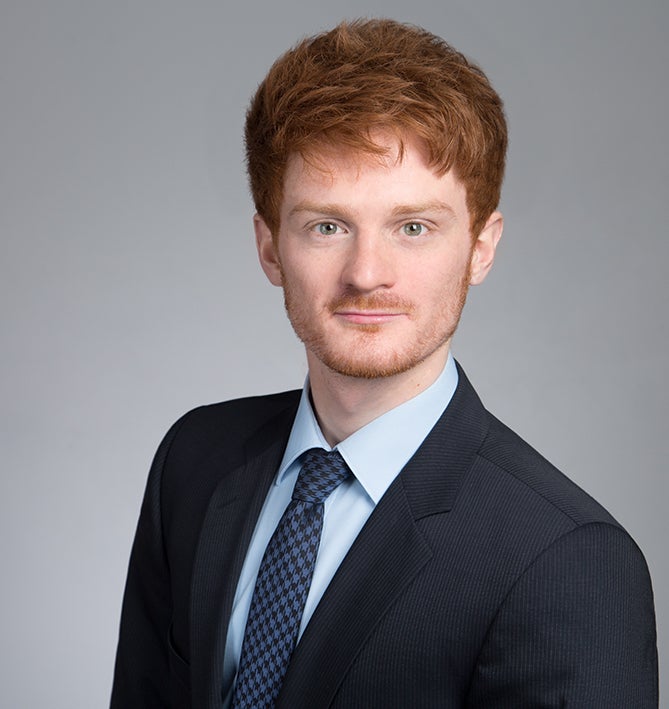Data scientist and financial economist Justus Inhoffen investigated how people influence each other when making financial and economic decisions. His key takeaway is that policymakers and businesses should better account for the ways in which people and institutions are interconnected. Ignoring these network effects can lead to poor policy and financial instability. Inhoffen demonstrates the value of detailed data in gaining a deeper understanding of economic processes and making smarter decisions.
We often think that people make choices independently, but in reality, they are—consciously or unconsciously—guided by others. This can have unexpected consequences, such as during the financial crisis, when problems spread through hidden connections and worsened the crisis.
Inhoffen provides three examples of such network effects. First, people are more likely to install solar panels if their neighbors do, even when it is not always the most financially advantageous choice. This suggests that social influences can affect the effectiveness of government policies, such as subsidies for solar energy. Second, he shows that investment funds perform worse when too many investors follow the same strategy. Lastly, Inhoffen examined how banks trade safe assets to maintain market stability but, in doing so, sometimes create new risks..
More information on the thesis
